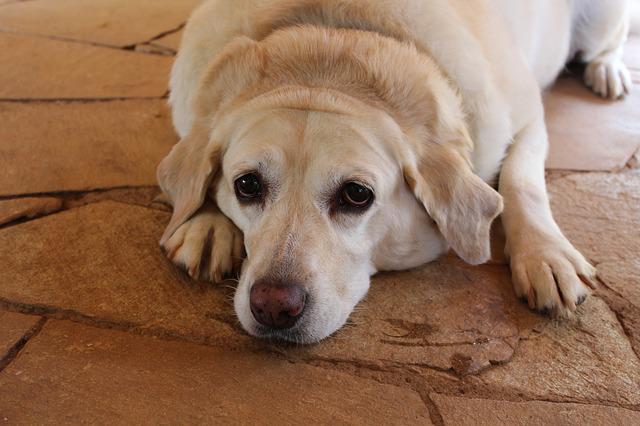
I have already commented in another article on the lack of specific commercial food available for dogs with hypothyroidism. However, there are specific homemade diets for this type of problem. Any homemade diet prepared by a specialist will always be a THOUSAND times better than any commercial food.
I have always defended the importance of giving natural and fresh food to animals, and even more so to those closest to us, our beloved dogs. Horses, dolphins, and cats… please don’t be offended!
The problem is that people take too many liberties with little knowledge of the facts, and we know how dangerous ignorance can be. I approve of giving homemade diets to dogs of this type, but not just anything; you have to know what the right foods for this type of patient are.
Commercial diets are fine as a SUPPLEMENT, but no more. We will address them in another article.
Good news! The nutrition of hypothyroid patients closely resembles that of a healthy dog. The main difference is in carbohydrates. A healthy dog does not need them, so pasta, rice, and potatoes are not necessary, but he can consume them occasionally and they are not bad for him.
In hypothyroid patients, avoid them as much as you can, and while nothing bad will happen to them, they are not required in this type of patient.
The nutrition of the hypothyroid patient closely resembles that of a healthy patient.
Water
Find out if the tap water in the area where you live is high in iodine. If you are not sure, it is preferable to use good quality bottled water.
BENEFICIAL FOODS IN HYPOTHYROIDISM
Patients with problems in their thyroid gland benefit from foods with good levels of iodine to stimulate the production of thyroid hormones.
Here are just a few examples; there are many more (based on human diets) but these are the most practical when it comes to our canine friends.
Legumes: beans, especially white ones.
Fruits and nuts: strawberries, apples, blueberries, pistachios, almonds, blueberries.
Aromatic herbs and spices: hyssop, ground ivy, ginseng, cinnamon.
Marine algae: all can be supplied in the form of tablets, especially kelp. We will deal with them in the orthomolecular nutrition of the sick dog.
Other foods rich in iodine: seafood. Fish in general.
Sign up for the free online workshop. Click here
Best wishes!
